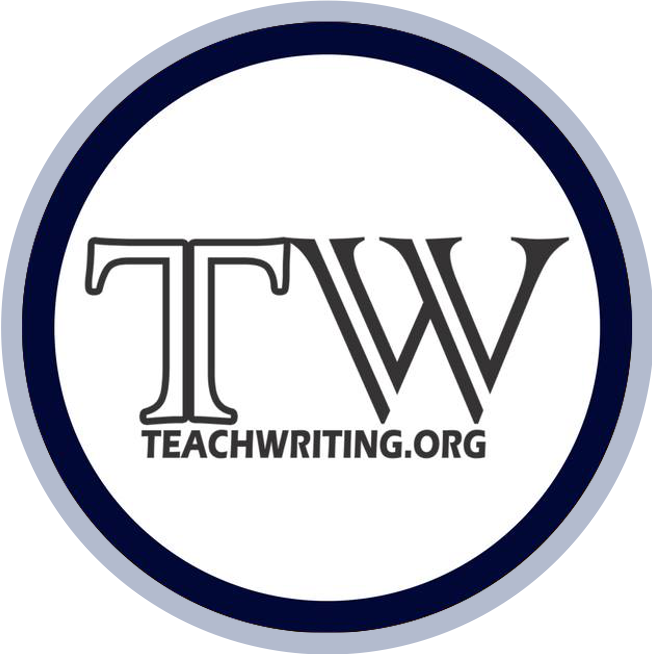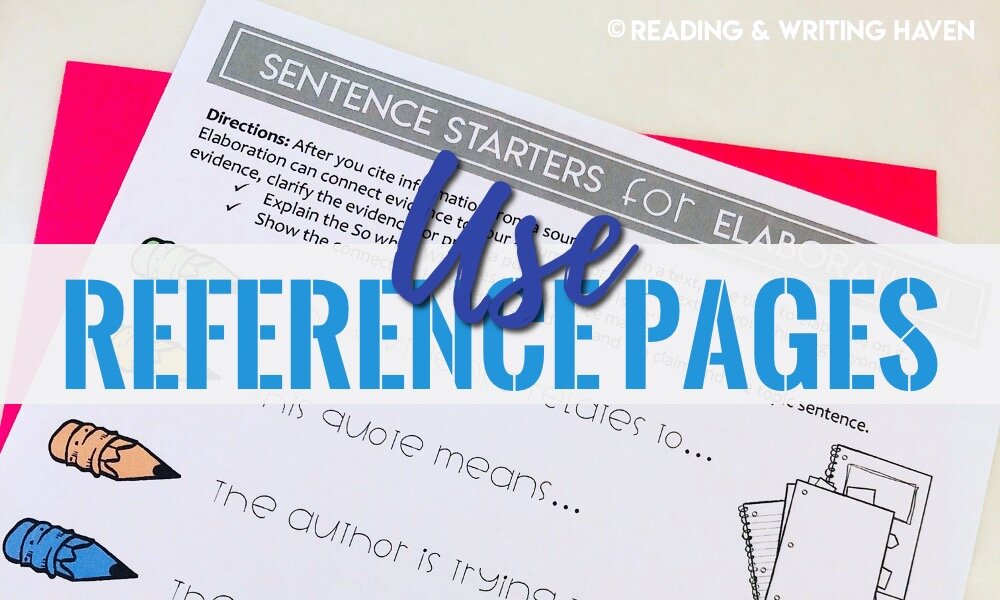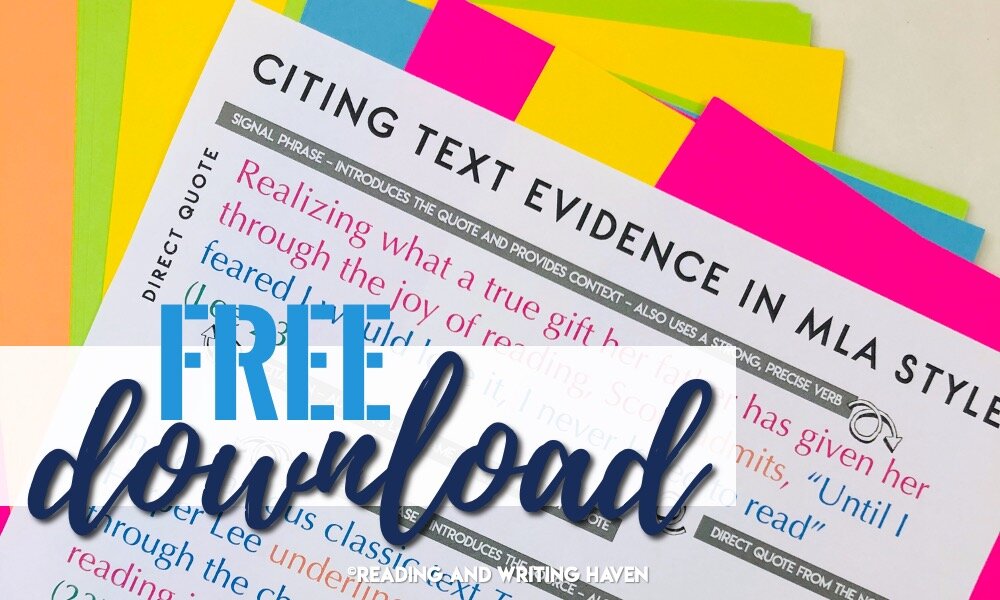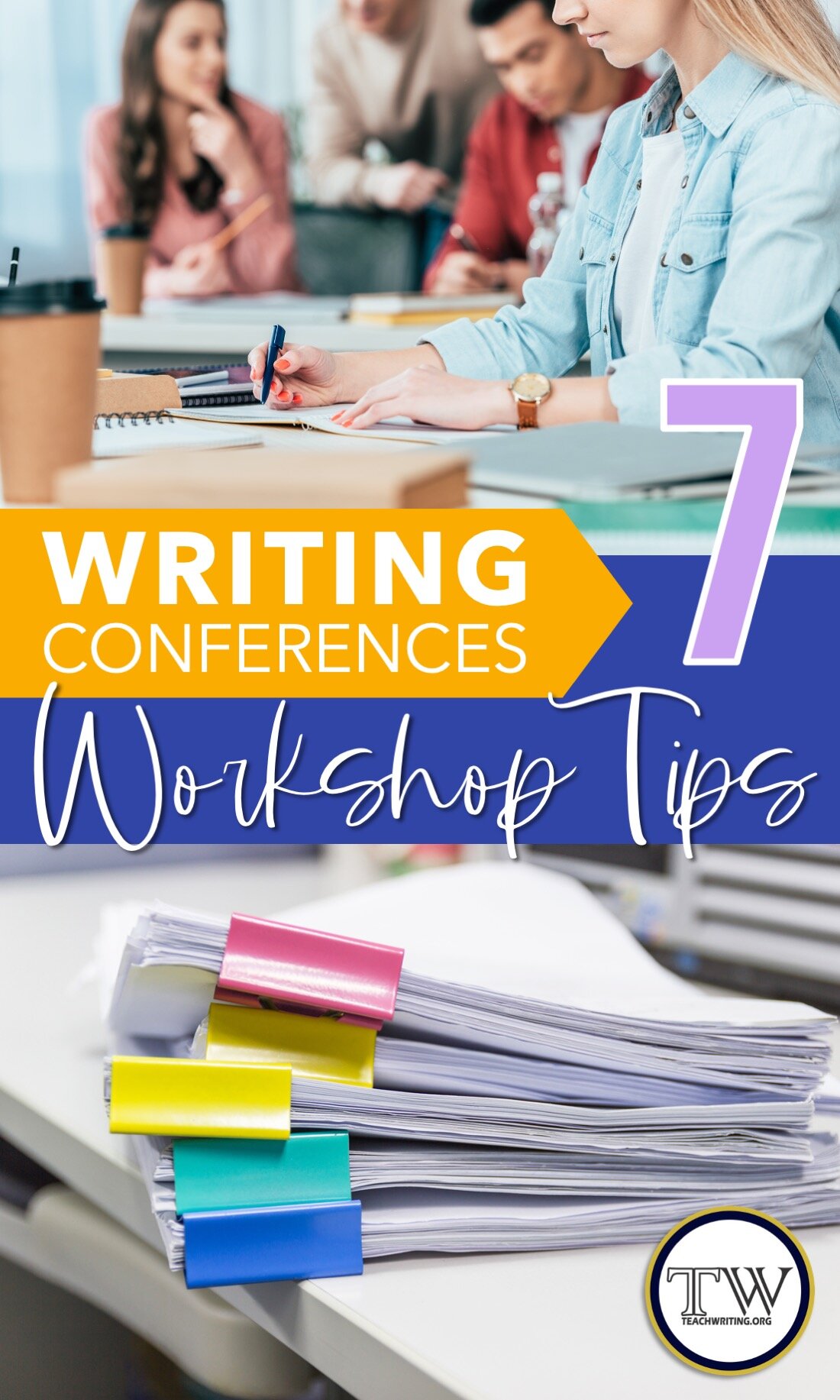Maximizing Writing Conferences with Older Students
It was 2011. As I watched them walk out the door, I cringed. Several of my students tossed their essays in the recycle bin. They hadn’t even read one word of the feedback I had just spent hours writing to them. All they cared about seemed to be the grade.
That was one of the must frustrating yet also most enlightening moments in my teaching career. Why was I spending hours grading essays when that type of feedback wasn’t motivating to students? Was it really helpful if they didn’t want to reflect on the comments and revise?
Since then, I’ve changed the way I teach writing in two major ways.
First, I have tried to move much of the feedback I give students into the classroom. (Full disclosure, I do have students who crave detailed feedback, and if I know they will read it and use it to revise, I am willing to spend a good chunk of time outside of class providing it.) I think verbal feedback is more helpful, less threatening, and more clear. Plus, it helps me get to know my writers better when I can sit face-to-face and talk with them about their work.
Secondly, I’ve made more of an effort to assess students’ work based upon the revisions they make from one draft to another. This emphasizes the importance of the learning process and is less punitive.
Although I didn’t know it at the time (when I first made these instructional shifts), “writing workshop” was helping me to be a better writing teacher. I didn’t used to call it that. I just knew I wanted to sit with students, to help them individually and in small groups, to focus more on the writing process, and to differentiate writing goals.
As a middle and high school teacher, my writing workshop hasn’t looked the same as that of an elementary teacher. I had to make it work for my 45-50 minute time periods. If you teach secondary ELA under the same conditions, you probably know what I mean. How do you fit it all in? is a prevailing question.
In this post, you’ll find some of my favorite tips for maximizing writing conferences (specifically) with older students when you are pressed for time. Hopefully, some of these suggestions help you to provide meaningful feedback for students…and to get to know them better as writers! Take what works for you, and leave the rest. Most of all, if you have other ideas, please share your learning in the comments below.
TIPS FOR MAXIMIZING WRITING CONFERENCES
1. SKIM
In order to get through more student conferences in one period, it’s important to skim the students’ essays before conferring. If you know which students you’d like to conference with, just skim their papers, and make some quick notes that might help you remember teachable points during your conversation.
For example, maybe you’d like to talk with Angelo about varying sentence beginnings and using transitions. It would be much more efficient to have that conversation with him if you had already skimmed the essay than it would be to take 5-10 minutes to read it during a conference before realizing it is a pressing issue.
2. INDIVIDUAL
Conferring with every student can be challenging in the upper grades, but I still recommend doing it a couple times with every essay. This is one of the reasons I take my time with writing units. I’ve heard of teachers setting timers to ensure that they don’t spend more than x amount of minutes with each student. While this approach sounds appealing, it hasn’t worked for me. But, try it! You may like it.
Instead, I try to have a laser focus. During individual conferences, I have three goals.
DATA
Selfishly, I want to know where they are in the writing process. I want to hear their thinking, to know what they feel confident about, and to know their struggles. Basically, I want to take the opportunity to know them better.
COMPLIMENT
Writing can be a vulnerable process, and many students don’t feel confident with their skills. Always look for a way to compliment students about something they are doing well. Specific feedback is always more meaningful than general because students will be motivated and understand what they need to continue doing.
So, You are using the last sentence of each body paragraph to transition into the next reason. That’s an advanced skill, and it helps me understand the flow of your ideas. But not, your wrap up sentences are great.
Point out something your students are doing well, and tell them why it’s beneficial that they continue to do that as writers.
TEACH
Look for the most important teaching opportunities. It’s important that we don’t overwhelm students with feedback. Consider, what is the standard they are learning? If you deconstructed that standard, what part of it do they need to work on most? Try to - at least temporarily - ignore the rest. And, set a goal for students to work on after you finish the conference.
For example, Remember, we are working on “Us[ing] words, phrases, and clauses to create cohesion and clarify the relationships among claim(s), counterclaims, reasons, and evidence.”
Do you remember the mini lesson where we worked on introducing counterarguments and rebuttals? Let me show you what I’m thinking as I read this part of your essay. And… Let’s work together to see if we can use a transitional phrase to help readers understand that you don’t agree with this point of view. Remember that you can use your transitions list as a reference.
Let’s set a goal. Look back through your paper and see where else you might add some clue words to make the ideas flow.
3. GROUP
In writer’s workshop, teachers usually meet with groups of students for targeted skill practice. That’s in addition to the individual conferences. With the pressures of a 45-ish minute schedule, secondary teachers don’t always have time to do both. In a more flexible format, I’ve used groups in two ways:
As I skim essays of students I’d like to conference with, I do make notes. If I have five students who still need more support with embedding quotations, I will work with them all together. This would be a skill practice group.
If I am not able to meet with every single one of my 25-30 students individually, I’ll pull small groups of 4-5 students to sit with me at the back of the room. I confer with one of the students about their essay, and as I do, the others listen and look for those elements in their papers. As soon as I’ve given a compliment and a helpful suggestion to the first student, I move onto the next, and the group continues in the same fashion.
(Remember that you need to create a culture in which sharing work, celebrating successes, and focusing on growth is respected in order for students to be comfortable in this setting.)
Having the flexibility to work with small groups of students makes it more manageable to confer with every student. Middle school and high school class periods are usually short, and roster numbers can be high. Look for ways to maximize the number of times you meet with students.
4. REFERENCES
I’ve found that when conferring with students, it helps to have reference sheets handy. For example, if you ask students to add more mature transitions, they’ll be more likely to get started on those revisions right away if they have a reference sheet next to them. This also reduces the chance that you will have to keep repeating the same thing. (Download a sentence starters for elaboration reference page for free.)
Of course, one of the most important keys to maximizing writing conferences is to identify the learning standard and design the rubric to assess students’ progress toward that standard. Have the rubric ready as a topic of discussion or at least a reference point during conferring sessions.
5. OWNERSHIP
Sometimes students know exactly what they need to or want to work on. Open the door up for conversation, and let them know that this is their writing, and they should be a voice that helps to steer the conference. Ask questions, like, What is challenging you with this piece right now? What is something that you’d like to work on with this essay? and What would you like help on with your paper today?
6. GROWTH
It may take a good part of the year to help students change their mindsets if they aren’t used to focusing on revisions. Revising is where true learning takes place. Throughout writing conferences with students, continue reminding them that writers revise. It’s part of what we do! We should never be ashamed of our first draft, but we should always expect that it is going to need more attention after we step away from it for a bit.
When focusing on growth, narrow the focus. What specific area(s) do you want students to develop? Focus on modeling how students can revise for those concepts in your writing conferences.
Helping students understand that they are being assessed on growth and revisions keeps us focused on the learning standards.
7. CONNECT
In your mini lessons, you’re probably using mentor texts to illustrate what writers do. Don’t forget to connect with those mentor texts as you confer with students. Also, you can show students how those same skills are evident in the books they are reading independently. Authors follow and break language skills in every book. Most students will find writing more meaningful if they see how it connects to reading.
I hope these seven ideas help you to either get started with writing conferences or to enhance your existing structure. The most important thing is to make sure we don’t feel like we are too overwhelmed to try it.
Sometimes, educational jargon like “writing workshop” can send us into a paralysis. We tend to feel like we need to fully understand the whole philosophy before we can start implementing it. We don’t! With responsive teaching, you will be tweaking what works in another’s classroom to fit your students’ needs, curriculum requirements, and class schedule best.
So, dip your toes in the water! Subscribe to teachwriting.org today to grab this free in-text citation reference page for citing text evidence from novels in a literary analysis essay.
RELATED ARTICLES
5 Ways to Incorporate Vocabulary in Writing (Reading and Writing Haven)
10 Reasons Secondary Teachers Should Try Reading and Writing Workshop (Amanda Write Now)
A Philosophy for Assessing Writing: Aim for Improvement, Not Perfection (Bespoke ELA)
ABOUT THE AUTHOR
Melissa is the author of Reading and Writing Haven and a collaborative blogger on Teachwriting.org.
A middle and high school English teacher for over a decade now turned instructional coach, Melissa is an avid reader and writer, and she loves sharing ideas and collaborating with fellow educators. Melissa use her degrees in English, Curriculum & Instruction, and Reading as well as her Reading Specialist certification to ponder today’s educational issues while developing resources to help teachers, students, and parents make learning more relevant, meaningful, and engaging.
Visit Melissa on Instagram, Facebook, or Twitter for English teacher camaraderie and practical, engaging teaching ideas.








